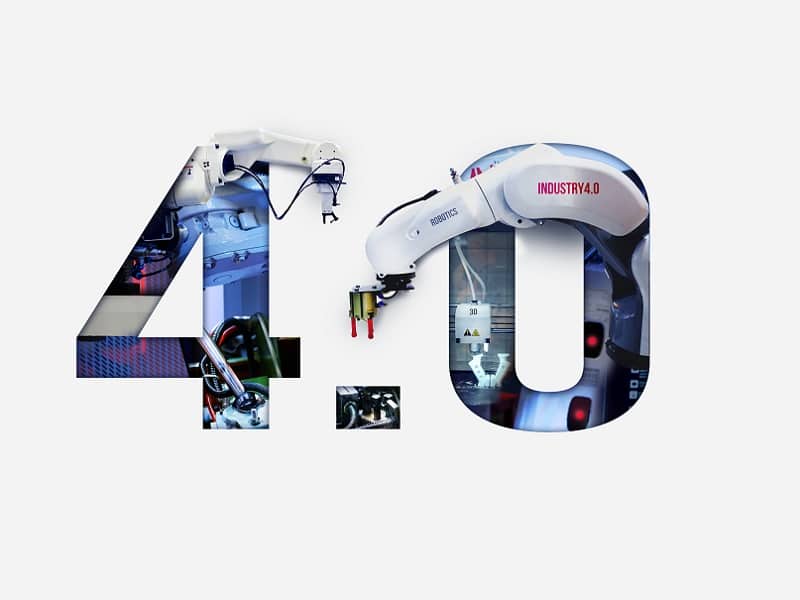The process of redundancy can cause a great amount of […]
 The World Economic Forum (WEF) has recently completed a pioneering study which aims to guide business and policy makers on how to tackle the disruption caused by the expected Fourth Industrial Revolution.
The World Economic Forum (WEF) has recently completed a pioneering study which aims to guide business and policy makers on how to tackle the disruption caused by the expected Fourth Industrial Revolution.
The Fourth Industrial Revolution is a new concept which relates to the advancement in fields such as artificial intelligence, robotics, nanotechnology, 3-D printing and biotechnology. It is believed that these once disjointed areas have now reached a stage where their influence will cause widespread disruption and workplace change.
The investigation gathered the views of Chief Human Resource Officers, Chief Strategy Officers and other relevant Senior Executives, from over 350 of the largest companies in the world, which represent in excess of 13 million employees in nine industry sectors, and from 15 economies, which represent 65% of the entire global workforce.
According to the report, the Fourth Industrial Revolution, combined with other socio-economic and demographic changes, will transform labour markets in the next five years. In total, ‘as many as 7.1 million jobs could be lost through redundancy, automation or disintermediation, with the greatest losses in white-collar office and administrative roles’ suggests the study. Although the loss is expected to be offset slightly by a creation of 2.1 million new jobs the overall impact is predicted to be a significant reduction in employment figures without an antidote.
“Without urgent and targeted action today to manage the near-term transition and build a workforce with futureproof skills, governments will have to cope with ever-growing unemployment and inequality, and businesses with a shrinking consumer base,” according to Klaus Schwab, Founder and Executive Chairman of the WEF.
The nature and extent of workplace change is expected to be shaped by the demographic, economic and technological development of the region.
With regards to the industries and occupations that will be affected most, the study predicts that there will be a great difference between certain industries. Although the report suggests ‘a modestly positive outlook’ for employment to 2020, it suggest both ‘significant relative decline’ in some areas including ‘white-collar office and administrative roles’ and ‘significant relative growth’ in others, such as ‘Computing, Mathematics, Architecture and Engineering’.
It is almost impossible to predict the impact of the Fourth Industrial Revolution, and the industries and regions which will suffer from most disruption. What is clear is that momentous change is underway.
At Renovo we are already seeing the human impact and job displacement caused by the advancement in fields such as robotics and automation. From professional services, such as accountancy and law, through to retail and manufacturing, clients are reviewing the way they integrate technology which in some cases is leading to a significant reduction in headcount.
It is imperative that we appreciate the magnitude of this workplace shift and make relevant changes to education systems to prepare the next generation for the likelihood of a very different labour market. Secondly, organisations must also consider the support that they provide to displaced individuals to help them transition effectively if their role is made redundant. Whether the transition be internal redeployment or an external move, organisation will reap the benefits of supporting staff in the short term with a more flexible and engaged workforce and in the long term through increased employer brand recognition.
Renovo are a provider of innovative Outplacement and Redeployment solutions. If you are an employer concerned about the effects of the ‘Fourth Industrial Revolution’ on your workforce or a particular individual who may be impacted by the changes, contact a member of the Renovo team on 0800 612 2011 or email rmoon@renovo.co.uk
The process of redundancy can cause a great amount of […]
With a growing number of organisations opting to support their […]
If you are going through a career transition it is […]